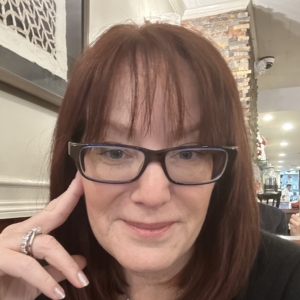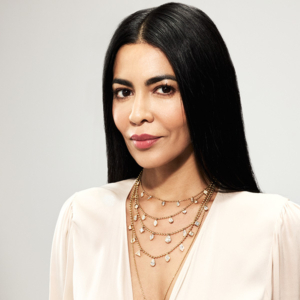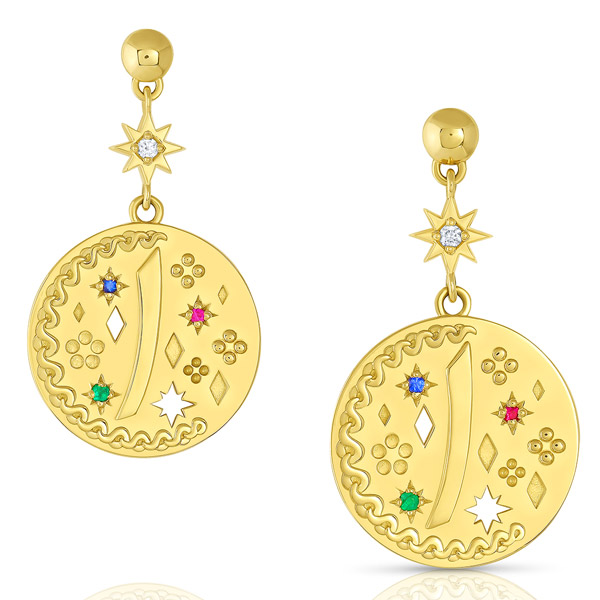
In March 2021, Zulaikha Aziz launched her jewelry brand, Mazahri, an ode to her Afghan heritage.
“Jewelry has played a deeply important role in my life, as it was the medium through which I was able to connect to my heritage and ancestry,” says Aziz, who received the WJA-Gabriel Love Foundation Student Scholarship in 2020. “My family and I fled to the U.S. as refugees and were forced to leave everything behind, save some ancestral jewelry my grandmother Mazari rescued.”
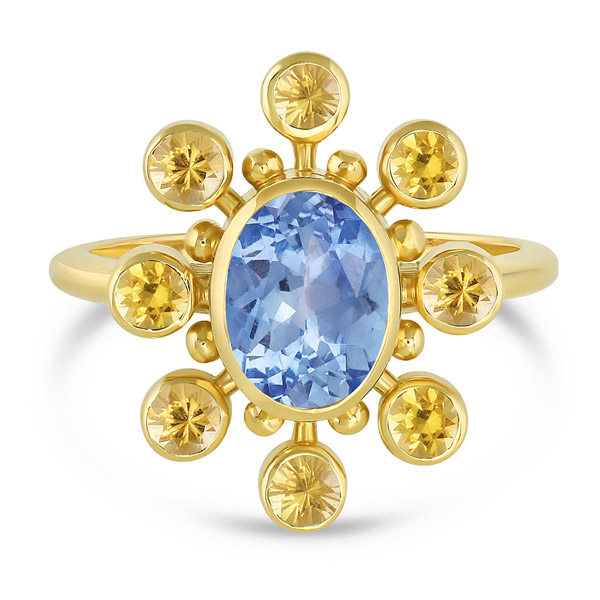
But the new brand was up and running only a short time before it was forced to take a back seat, in August, as dire news from Afghanistan dominated the headlines and Aziz, who is also a human rights attorney, took a step back from Mazahri to focus on the unfolding humanitarian crises.
“Watching the Taliban take city after city, and watching my hometown of Kabul fall, was beyond devastating,” says Aziz. “I don’t have the words to describe how horrible it felt to watch something I had dedicated my life to—freedom and justice in Afghanistan—disappear almost overnight. I have family and friends I was scrambling to help, but nothing I did made any difference—it was pure chaos and I felt helpless. I had to turn my attention away from Mazahri and just focus on using my lawyering skills to help with immediate emergency needs: first evacuations, and now refugee assistance and human rights advocacy.”
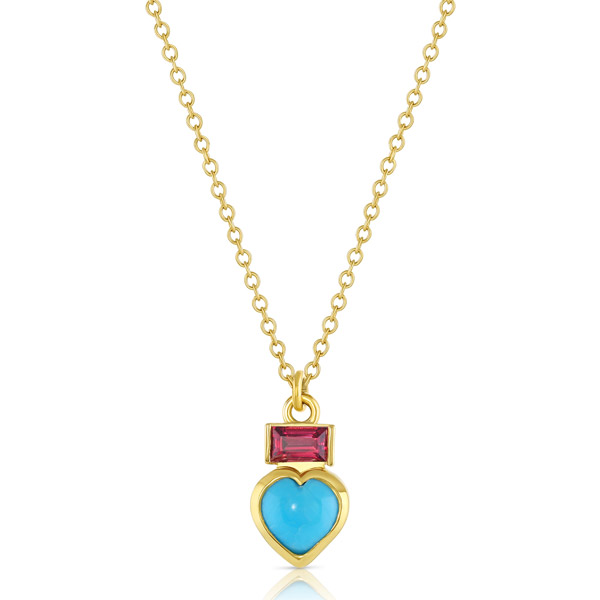
Aziz stepped up to codirect the Berkeley Law Afghanistan Project, which is focused on providing emergency pro bono support to Afghans fleeing persecution, supporting women’s legal rights activists and human rights defenders in Afghanistan, and documenting and preserving human rights violations in the country for use in future advocacy.
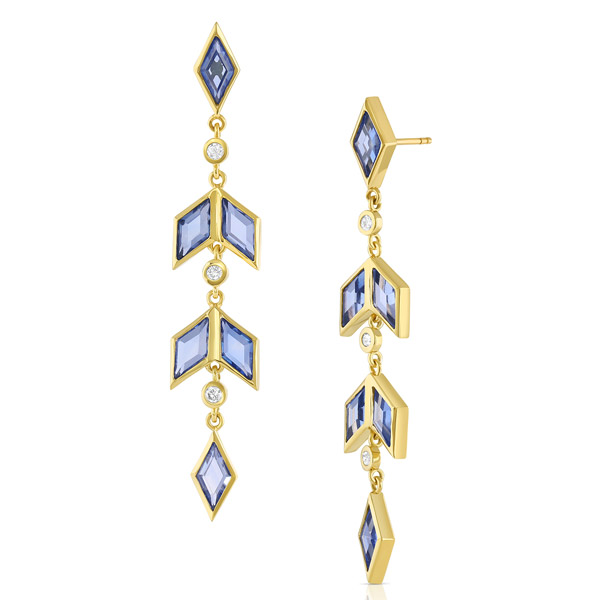
Through her work, the designer realized that the budding jewelry brand could be used to raise awareness about Afghanistan—not just the ongoing crises there, but the country itself, which is home to so many. “Mazahri is an attempt to shine light on the depth and diversity of Afghanistan’s rich culture and heritage, which is particularly important now with the withdrawal of U.S. and Allied forces from Afghanistan and the renewed control of the country by the Taliban,” says Aziz. “There is an urgent fear that Taliban control will lead to an erasure of Afghanistan’s artistic culture and heritage. Reports from artists back home are frightening, and our local artisan partners [Turquoise Mountain and Zarif] have minimized operations while they figure out the new lay of the land.”
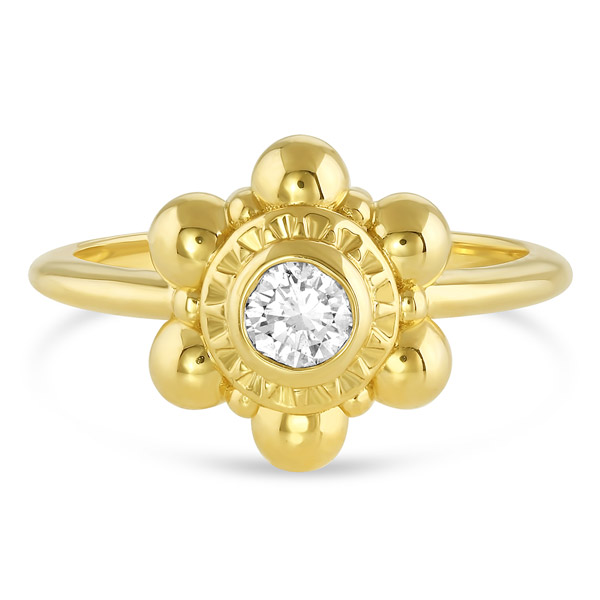
Although the brand debuted earlier this year, the idea behind it had been in the works for a while. It took a global pandemic for it to come to life.
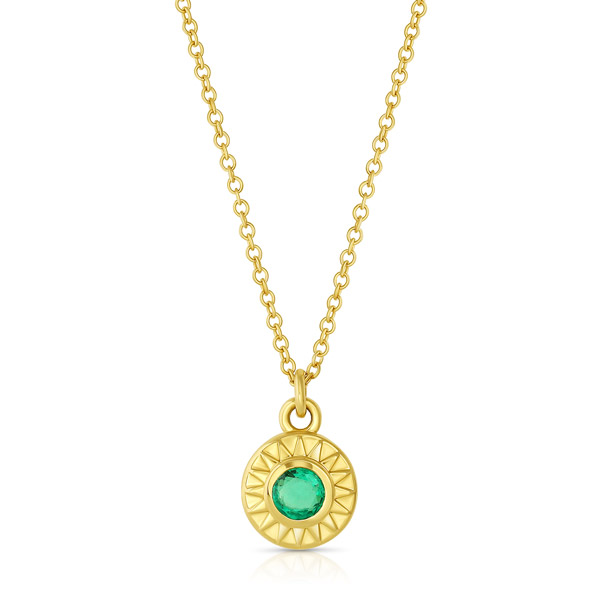
“I had been mulling the idea of Mazahri for years but didn’t actually go for it until I was forced to take time and really think deeply about the purpose, intention, and impact behind the brand,” says Aziz. “The pandemic really gave me that time.”
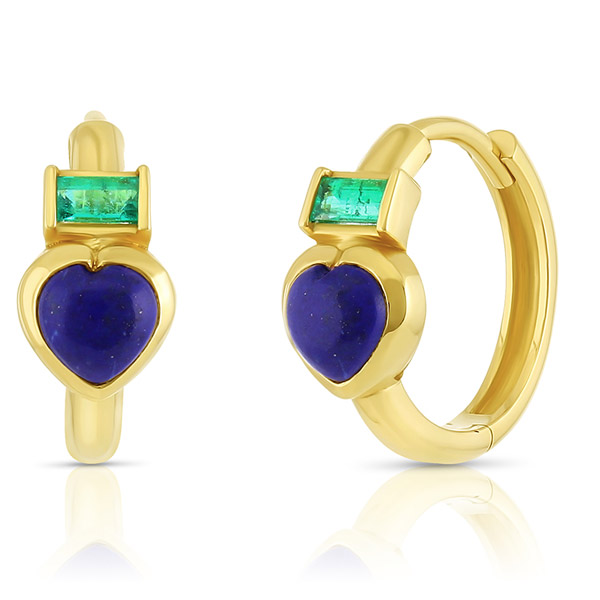
Yet the pandemic made being completely new to the industry no easy feat. “I didn’t have the connections within the industry or know about sourcing, production, marketing, financing, selling—I’m still trying to figure it all out, I had never run a business before! I just knew I had a vision that needed to be expressed, and I honestly feel I was guided throughout the process. When I look back, it was all a series of small steps that I’m still taking. I am proud of my first collection, but I’m still learning so much.”

As for the future of Mazahri? “I have so many ideas!” says the designer. “Fundamentally, I want Mazahri to be a vehicle for increased understanding and awareness, not only about Afghanistan and its culture and heritage, but also about the women and men that make their livings mining the materials we wear and use every day, the process of resource extraction, and the systems that were developed to benefit some and not others. I want Mazahri to be a vehicle for connection and exploration of some of these questions through beauty and meaning. Jewelry has been so significant for humans since the dawn of time, as a way to adorn, connect, and preserve meaning—and I believe jewelry has the potential to make change now to not only bring joy and beauty and adorn the wearer, but also to improve the lives of so many in countries where the materials we use come from. We can do things in a better way to benefit more, and I believe that’s the future of Mazahri.”
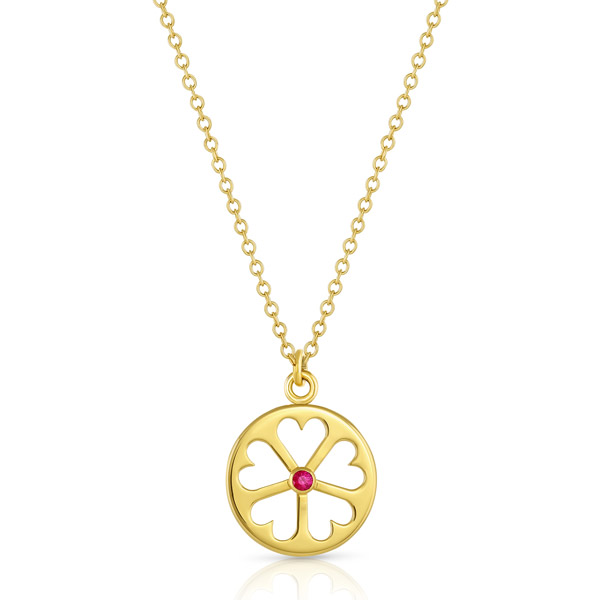
All of Mazahri’s pieces are created using 18k Fairmined gold and responsibly sourced gemstones from artisanal and small-scale miners around the world, Aziz says. Ten percent of the brand’s profits go to Women for Afghan Women, specifically its legal rights programs in Afghanistan.

“This last month and a half has been the biggest challenge for Mazahri, but I’m so grateful for all the folks finding out about us and supporting our mission,” says Aziz. “Every piece I make reminds me that one more person will carry the beauty and light of Afghanistan with them.”
Top: Yak Coin earrings in 18k yellow gold, $6,420; Mazahri
- Subscribe to the JCK News Daily
- Subscribe to the JCK Special Report
- Follow JCK on Instagram: @jckmagazine
- Follow JCK on X: @jckmagazine
- Follow JCK on Facebook: @jckmagazine




